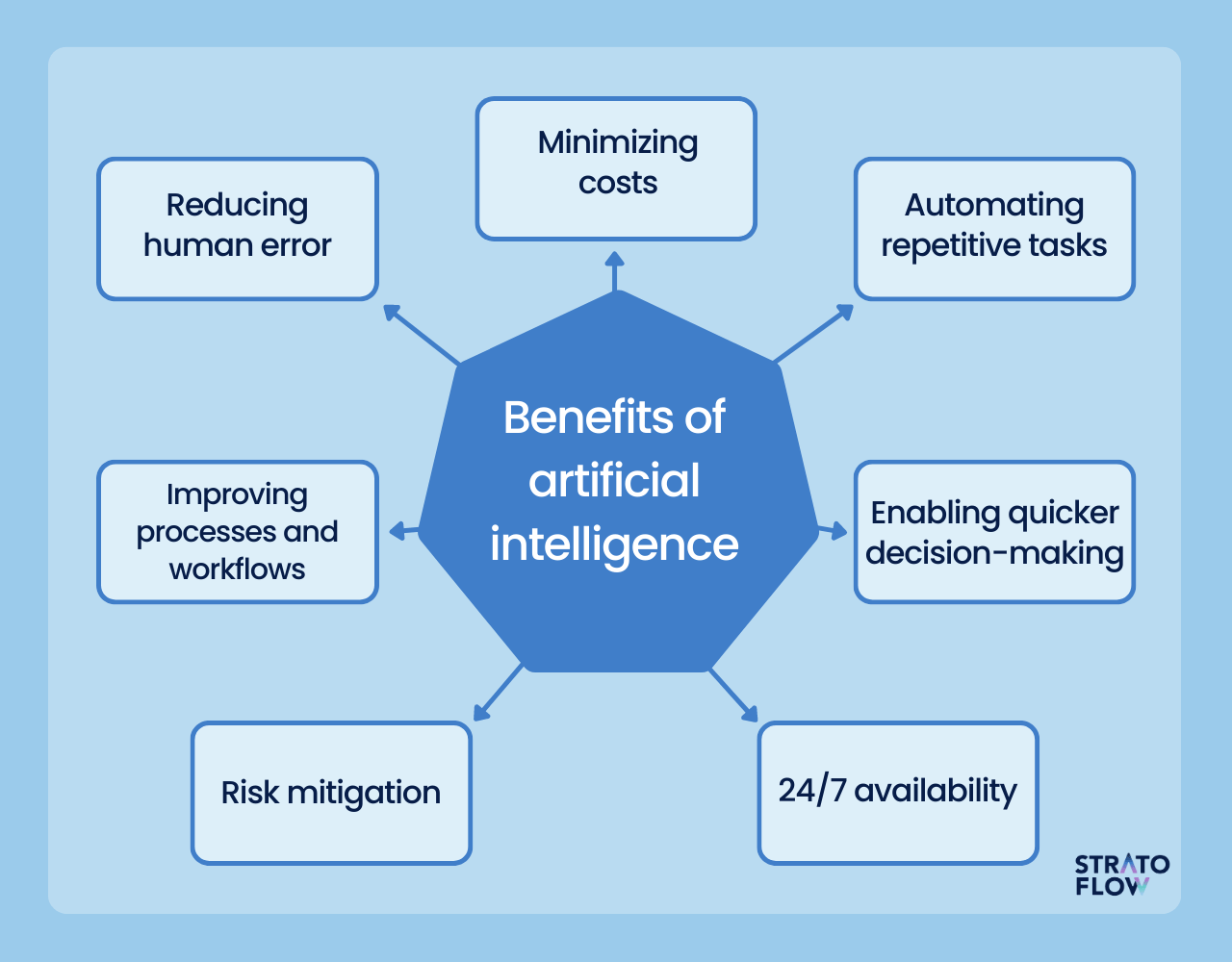Mastering Workplace Conflict Essential Tips for Success
Mastering Workplace Conflict Resolution: Essential Tips for Success
Understanding the Dynamics of Workplace Conflict
In any workplace, conflict is bound to arise due to differing personalities, perspectives, and objectives. Understanding the underlying dynamics of workplace conflict is crucial for effective resolution. Conflict can manifest in various forms, from interpersonal disputes to disagreements over tasks or resources. By recognizing the root causes of conflict, managers can address issues promptly and prevent escalation.
Fostering Open Communication
Effective communication is the cornerstone of successful conflict resolution in the workplace. Creating an environment where employees feel comfortable expressing their concerns and opinions fosters transparency and trust. Encouraging open dialogue allows issues to be addressed before they escalate into larger conflicts. Managers should be accessible to employees and actively listen to their perspectives to facilitate constructive conversations and find mutually agreeable solutions.
Promoting Empathy and Understanding
Empathy plays a pivotal role in resolving workplace conflicts. Recognizing and validating the emotions of all parties involved helps build rapport and fosters understanding. Managers should strive to see conflicts from multiple perspectives and empathize with the feelings and experiences of each individual. By demonstrating empathy, managers can create a supportive environment where employees feel heard and valued, paving the way for resolution.
Establishing Clear Expectations and Boundaries
Clarity is essential in preventing and resolving workplace conflicts. Establishing clear expectations, roles, and boundaries helps minimize misunderstandings and ambiguity. Managers should communicate clearly with employees regarding performance standards, responsibilities, and acceptable behavior. By setting clear guidelines for conduct and performance, managers create a framework for resolving conflicts effectively and maintaining a productive work environment.
Encouraging Collaboration and Teamwork
Collaboration is key to resolving workplace conflicts and fostering a positive work culture. Encouraging employees to work together towards common goals promotes teamwork and cooperation. Managers should facilitate opportunities for collaboration through team-building activities, group projects, and cross-functional initiatives. By promoting a sense of camaraderie and collective responsibility, managers can mitigate conflicts and cultivate a supportive work environment.
Implementing Conflict Resolution Strategies
Having a structured approach to conflict resolution is essential for managers. Implementing conflict resolution strategies such as mediation, negotiation, and compromise helps address conflicts effectively and prevent recurrence. Managers should familiarize themselves with various conflict resolution techniques and adapt their approach based on the nature and severity of the conflict. By employing proven strategies, managers can navigate conflicts with confidence and achieve positive outcomes.
Providing Training and Resources
Empowering employees with the skills and resources to resolve conflicts independently is essential for fostering a culture of accountability and self-reliance. Managers should provide training programs and resources on conflict resolution techniques, communication skills, and emotional intelligence. By equipping employees with the tools they need to manage conflicts effectively, managers empower them to resolve disputes autonomously and contribute to a harmonious workplace.
Leading by Example
Managers serve as role models for their teams, and their behavior sets the tone for the organizational culture. Leading by example in conflict resolution involves demonstrating patience, diplomacy, and professionalism in handling disputes. Managers should model effective







